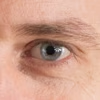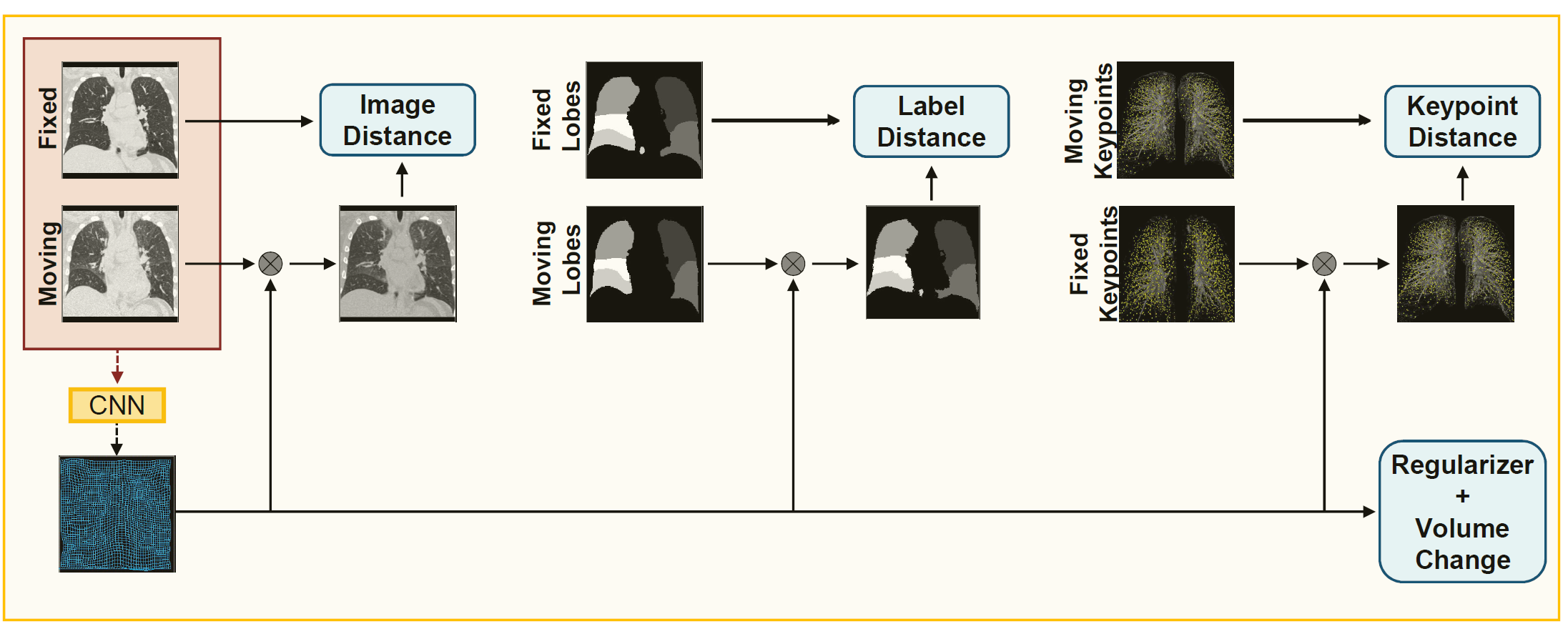Deep-Learning-Based CT Lung Registration
About
Editors:
Contact email:
Image Version:
fb3bf078-ba1e-417b-a138-58745e96c4cc — Sept. 3, 2021
Associated publication:
Summary
This deep-learning-based lung registration developed in [1] uses multiple anatomical constraints to supervise the training. For preprocessing, the lung mask of the inspiration and expiration scan are required. The algorithms will crop the input images to the lung regions and outputs:
cropped fixed image warped moving image displacement field in mm
For further questions or comments please contact us at alessa.hering@mevis.fraunhofer.de
[1] Hering, A., Häger, S., Moltz, J., Lessmann, N., Heldmann, S., & van Ginneken, B. (2021). CNN-based Lung CT Registration with Multiple Anatomical Constraints. Medical Image Analysis, 102139.
Mechanism
Left empty by the Algorithm Editors
Interfaces
This algorithm implements all of the following input-output combinations:
| Inputs | Outputs | |
|---|---|---|
| 1 |
Validation and Performance
Left empty by the Algorithm Editors
Uses and Directions
This algorithm was developed for research purposes only.
Warnings
Left empty by the Algorithm Editors
Common Error Messages
Left empty by the Algorithm Editors
Information on this algorithm has been provided by the Algorithm Editors,
following the Model Facts labels guidelines from
Sendak, M.P., Gao, M., Brajer, N. et al.
Presenting machine learning model information to clinical end users with model facts labels.
npj Digit. Med. 3, 41 (2020). 10.1038/s41746-020-0253-3



